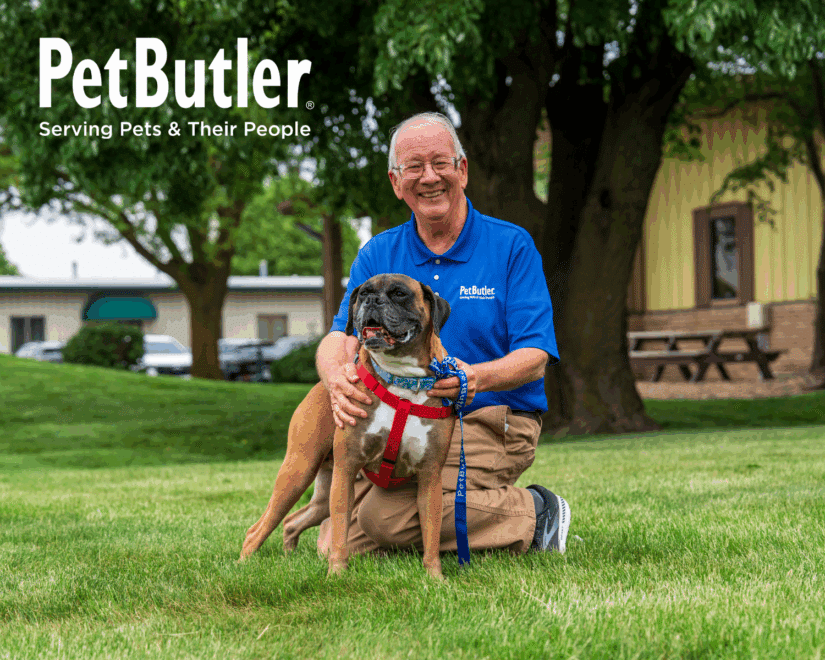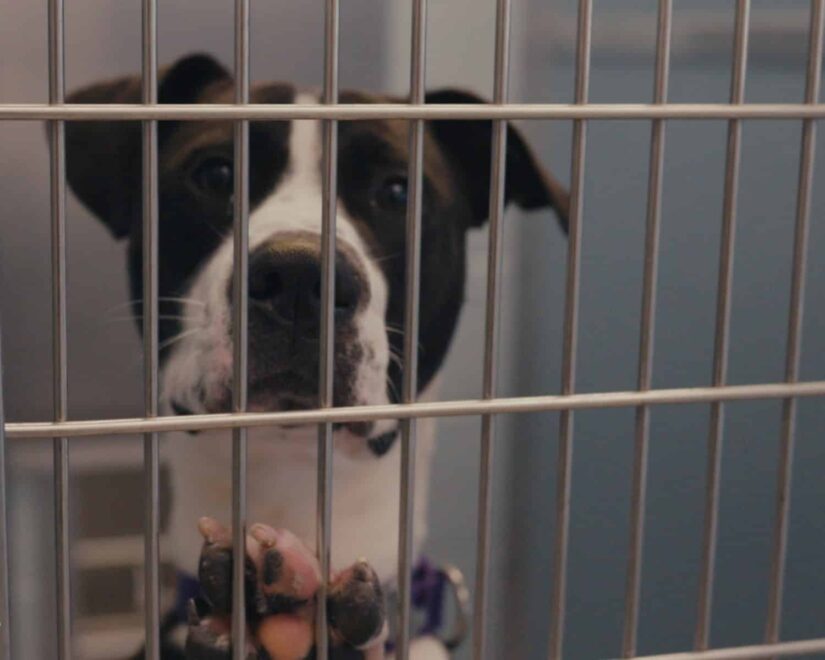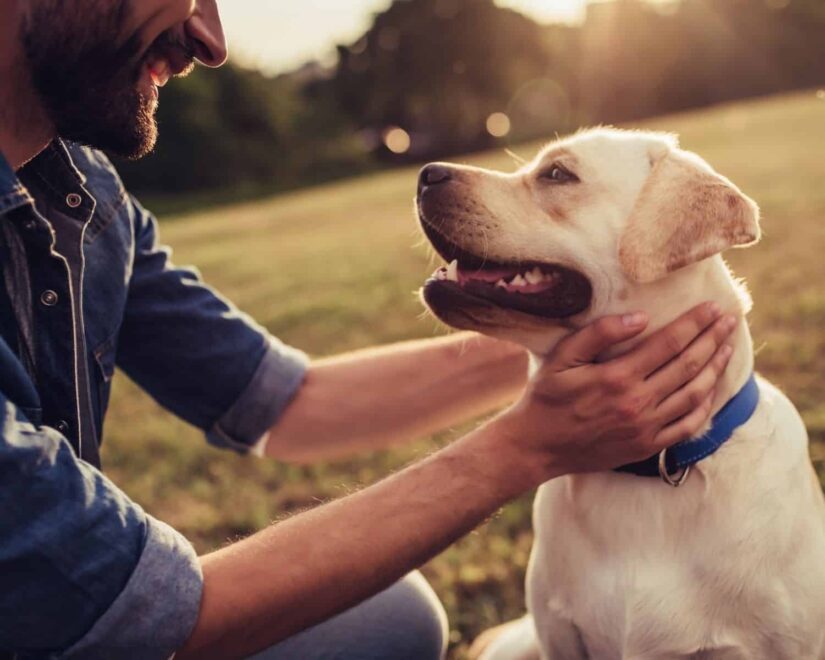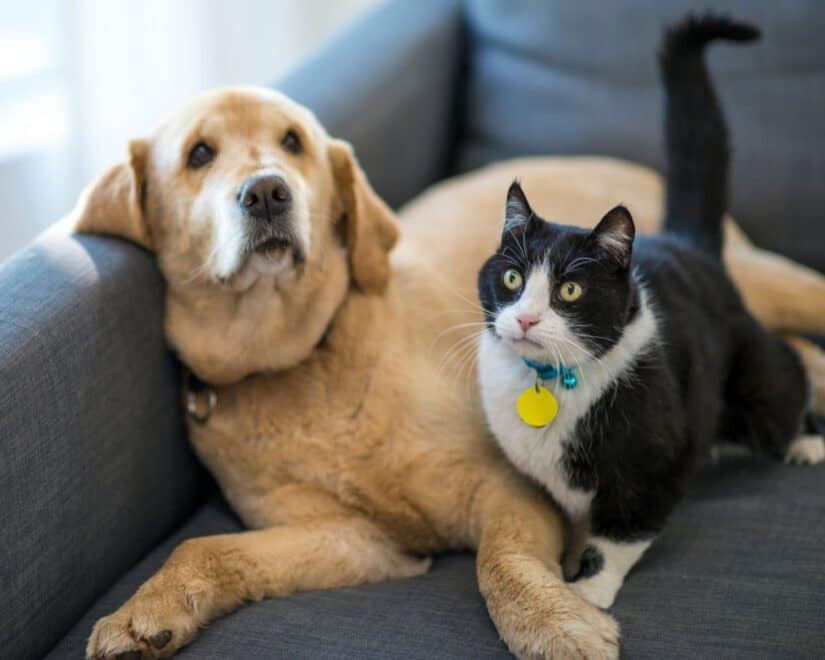Bringing a new dog into your home is an exciting milestone, but it’s important to plan for the responsibilities that come with pet ownership. Beyond the joy and companionship, owning a pet comes with ongoing costs. From daily care to planning for times you’ll be away, budgeting ahead helps ensure your furry friend has a happy, healthy life without unexpected financial stress.
Alongside essentials like food, veterinary care, and training, many new pet parents overlook pet sitting. Whether you’re traveling, working late, or heading out for an evening event, in-home pet sitting keeps your dog safe, comfortable, and happy. With Pet Butler’s reliable pet sitting services, you can enjoy peace of mind knowing your companion is in trusted hands.
The Cost of Pet Ownership
Owning a dog is a rewarding experience, but it comes with financial responsibility. According to the ASPCA, the first year of owning a dog can cost over $1,000, with annual expenses continuing as your pet grows.
Routine expenses can include:
- Food and treats: Providing a healthy diet is crucial for your pet’s well-being.
- Veterinary care and vaccinations: Preventive visits help avoid serious health issues.
- Grooming and hygiene supplies: Regular grooming is especially important for breeds with long or high-maintenance coats.
- Training and enrichment: Classes, toys, and activities help your pet stay happy and well-behaved.
- Toys and accessories: Items like beds, collars, leashes, and chew toys enhance comfort and stimulation.
Don’t forget to factor in pet sitting services, especially for times when your schedule keeps you away from home. Pet Butler provides dependable dog (and cat!) sitting to ensure your pets are well cared for, helping balance the commitments of pet ownership with other work, family or social activities which may require travel or longer days away.
Reasons You Might Need a Pet Sitter
Even the most attentive pet parent may need extra help occasionally. Professional pet sitting can support your pet’s routine and well-being in a variety of situations:
- Travel or vacations: Business trips, family vacations, or weekend getaways.
- Work obligations: Long workdays, conferences, business travel or all-company meetings that require onsite presence.
- Evening events: Social outings, sporting events, dinners with friends, kids’ extra-curricular events
- Life changes or emergencies: Medical emergencies, moving, birth of a child, home projects, taking care of loved ones, or unexpected obligations.
The frequency of these instances mentioned above will help you establish the budget you may need to set in preparation for pet sitting. Knowing a trusted professional like Pet Butler is caring for your pet helps underscore the value and necessity of professional dog sitting. Pet Butler’s in-home pet sitting services can easily complement your budget for a new dog and fit into your pet care routine (and social life!).
Dog Sitting
Many pet parents wonder about the costs associated with dog sitting services. While exact pricing varies, it’s helpful to understand what factors typically influence services:
- Length of care: From short check-ins to full-day or overnight visits.
- Number of pets: More pets require additional attention.
- Special needs: Puppies, senior dogs, or pets requiring medications may need extra care.
- Frequency of visits: Daily support during trips or occasional visits on busy days.
Every household is unique. At Pet Butler, we don’t charge additional fees for the services above. The best approach is to request a customized plan from Pet Butler, which tailors dog sitting services to your dog’s personality, routine, and needs. This ensures your pup receives the right level of care without unnecessary extras.
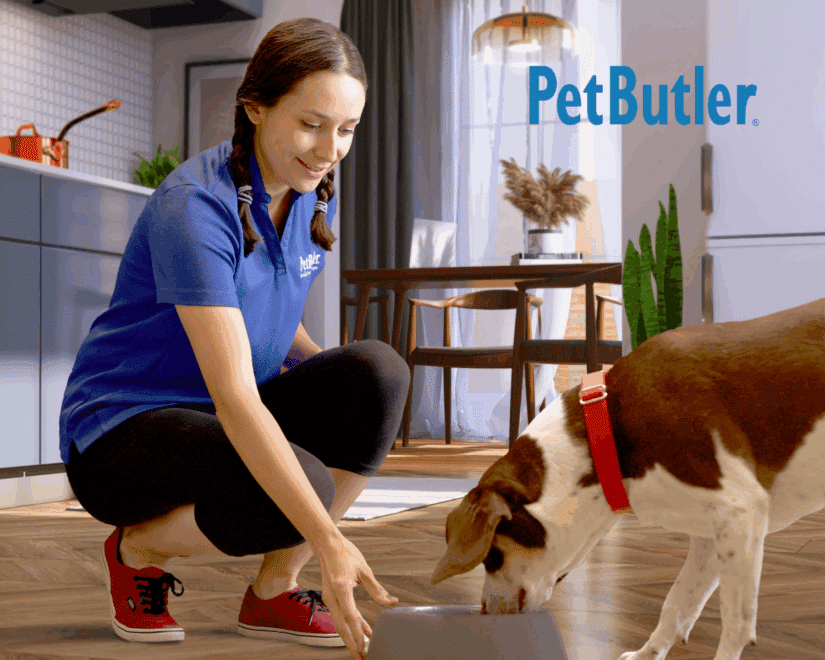
Things to Note as a Pet Owner
Being a pet parent comes with both joy and responsibility. While every pet is unique, here are some key considerations for all pet owners:
- Time Commitment: Pets need daily attention, exercise, and social interaction. Even short periods at home add up, so plan your schedule accordingly.
- Health Care: Regular vet visits, vaccinations, and preventive treatments are essential for a long, healthy life.
- Training & Socialization: Consistent guidance and exposure to different environments or animals helps pets feel secure and well-behaved.
- Supplies & Environment: Beds, leashes, litter boxes, toys, and grooming tools all contribute to comfort and safety.
- Emergency Preparedness: Having a plan for illness, injury, or unexpected situations reduces stress.
- Lifestyle Fit: Make sure your home, work schedule, and activity level align with your pet’s personality and needs.

FAQs About Pet Sitting
How often should a sitter visit my pet each day?
It depends on your pet’s needs. Dogs may need two or more visits per day, while cats may only require one. With Pet Butler, you can create a schedule that fits your pet’s routine.
Can sitters handle pets with medications or special needs?
Yes. Pet Butler sitters are trained to provide extra care, including administering medications and supporting senior pets.
Is it better to hire a sitter or board my pet?
For many pets, staying in their familiar environment reduces stress. According to the NAPPS, keeping a consistent routine can help pets adjust better while owners are away. Pet Butler sitters come to your home, allowing pets to maintain their daily habits.
What should I look for in a professional sitter?
Reliability, experience, and compassion. With Pet Butler’s dependable service, your pet is cared for as if they were part of our own family.
How do I prepare my home for a sitter?
Provide labeled food, medications, leashes, etc. Include emergency contacts and vet information so your sitter is prepared for any situation.
Final Thoughts on Budgeting for Pet Care
Owning a pet is one of life’s most rewarding experiences, but it comes with financial responsibility. From food and vet visits to pet sitting, planning ensures you can provide the best life for your furry friend.
When you’re away, Pet Butler makes it easy to schedule trusted dog sitting services. Our team tailors care plans for your pet’s needs and your schedule, giving you peace of mind and your pets the attention they deserve. Contact Pet Butler today to explore customized pet sitting solutions for your household.
